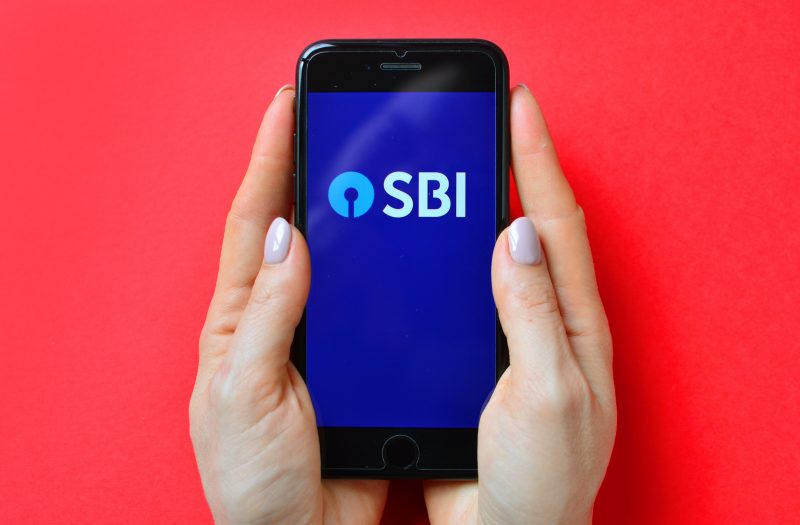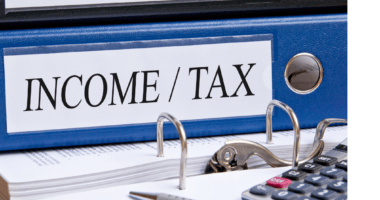Senior Citizen Savings Scheme (SCSS) is a regular income scheme for senior citizens sponsored by the government. Senior citizens who are 60 years of age and above can invest in the savings scheme. The SCSS offers an interest rate of 8.6% per annum for an investment tenure of five years.
Upon the rate cuts made by the Reserve Bank of India (RBI), banks have cut the fixed deposit rates. Thus, in a falling interest rate regime, SCSS is an excellent investment option for senior citizens. A senior citizen can make an investment in SCSS in multiples of 1,000. A senior citizen either singly or jointly can open SCSS account. The maximum amount of investment is Rs 15 lakh.
Only resident senior citizen individuals can invest in SCSS. The individuals can open the SCSS account with a post office or a scheduled commercial bank. The tenure of five years is extendable by another three years.
The deposit made under SCSS is eligible for a tax deduction under section 80C up to Rs 1.5 lakh. Do note that the scheme allows only one deposit. And, the deduction under section 80C is within the overall limit of Rs 1.5 lakh allowed for various investments and payments.
Interest on the SCSS deposit is credited quarterly. However, the interest is taxable as income from other sources. The senior citizen is however entitled to claim a deduction under section 80TTB in respect of the interest earned on SCSS. Section 80TTB allows a maximum of Rs 50,000 as a deduction for interest earned from SCSS, bank deposits and savings accounts.
A report from State Bank of India (SBI) research recommends granting of a specific exemption for interest earned on SCSS. The report states “The government has an excellent scheme for senior citizens. However, the interest on SCSS is fully taxable which is a major drawback of this scheme”.
According to the report, the amount outstanding under SCSS in March 2018 was Rs 38,662 crore. The report further states that the tax law should give a complete tax rebate on the number of interest credits under the scheme as the tax revenue foregone by the government could be only Rs 3,092 crore. The report estimates the impact of the revenue forgone at a minimal of two basis points on government fiscal deficit.
Interest rates have been on a decline since 2015. The low-interest rates impact the earnings of depositors and pensioners. In India, less than 5% of the population have access to social security.
The report suggests that bank depositors should be compensated with a positive real return and should be on par with borrowers. There are more than four crore pensioners who have average term deposits of Rs 3.34 lakh per account. The report estimated the net impact on the Private Final Consumption Expenditure (PFCE) due to a low-interest income could be a decline of 0.3%.
With effect from FY 2019-20, the interest credits under SCSS is not subject to tax deduction at source (TDS) for annual interest credits up to Rs 50,000.
For any clarifications/feedback on the topic, please contact the writer at sweta.dugar@cleartax.in
I am a Chartered Accountant by profession. I specialise in personal taxes and corporate income tax matters. I am an avid reader and track developments in financial markets, economy and other market developments.





